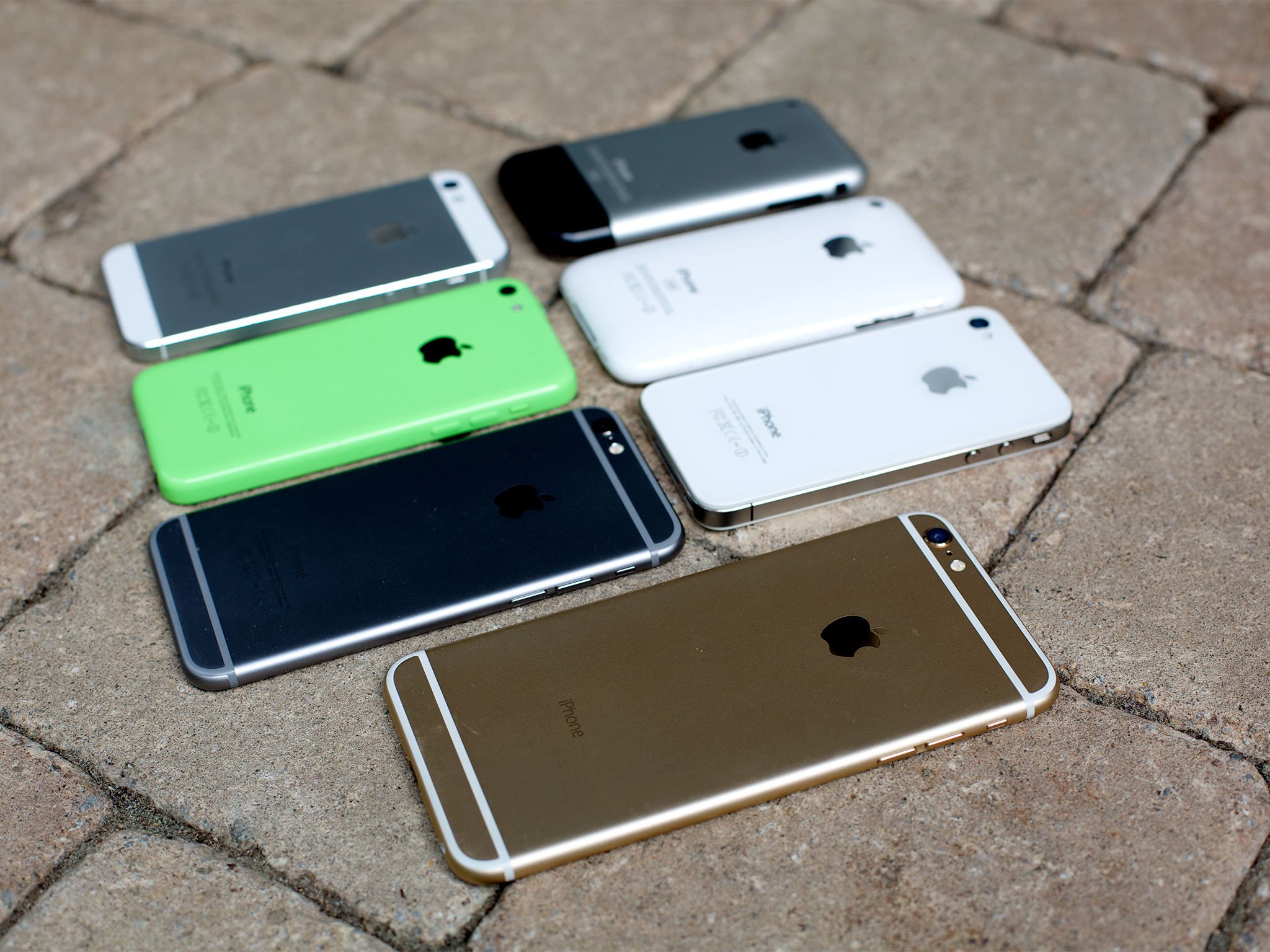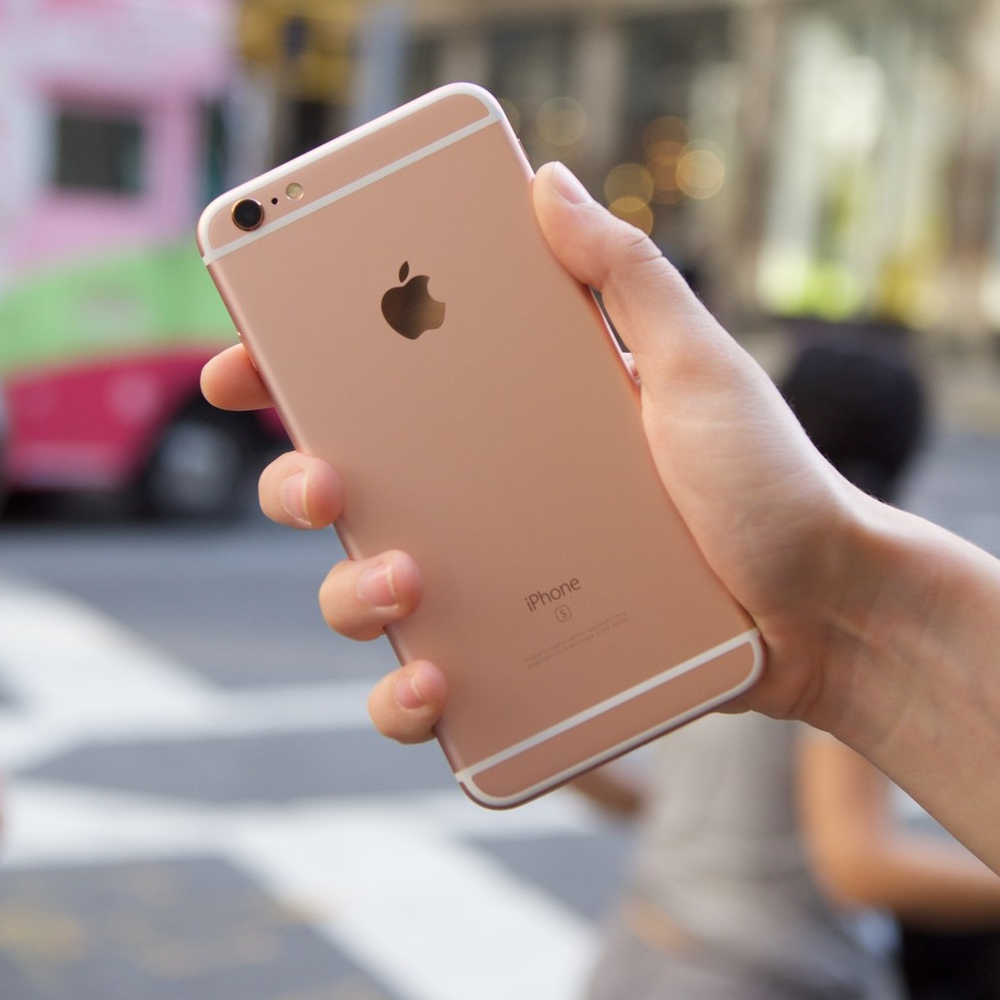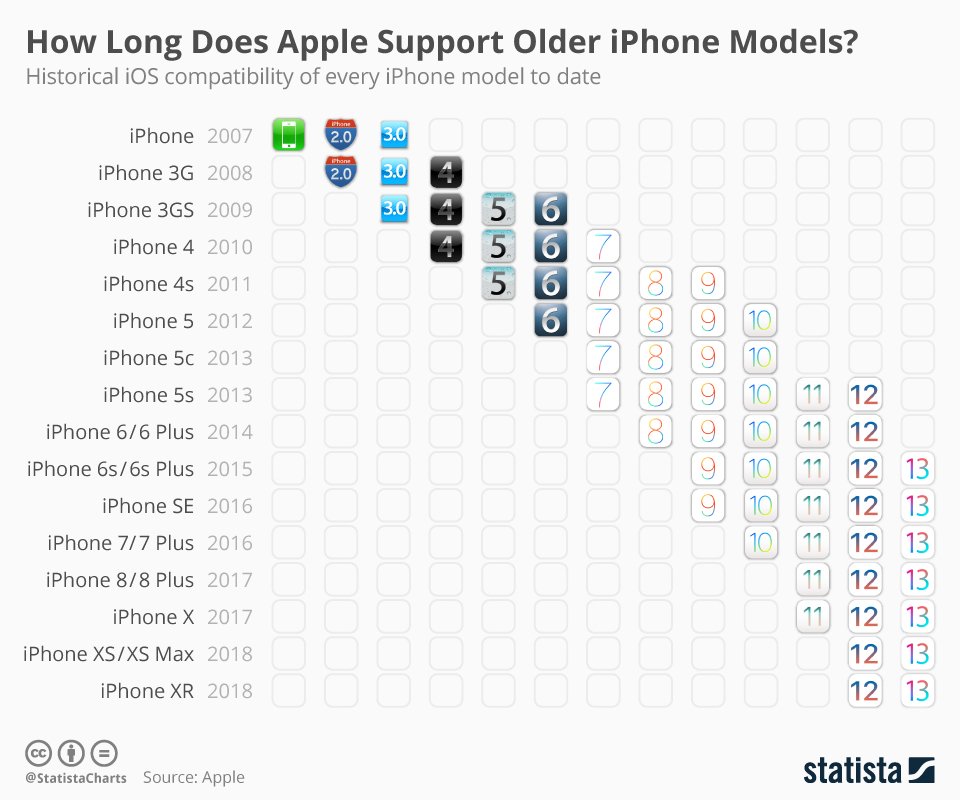Here's how long Apple supports older iPhone models

iMore offers spot-on advice and guidance from our team of experts, with decades of Apple device experience to lean on. Learn more with iMore!
You are now subscribed
Your newsletter sign-up was successful

There are multiple reasons why the iPhone is so popular among smartphones users—sleek design, cutting-edge camera, or Apple's robust marketing—but the one reason that continually stands out, particularly because it's a great measuring stick against Android, is the constant software updates.
When Apple introduces an iPhone, customers who buy one of these new devices are guaranteed upwards of four years of major iOS updates, if not more. That number has only increased with the latter iPhones released, shows data from Statista.
Since the iPhone 4s, every major iPhone has received at least five major iOS updates before they are cut off. The iPhone 6 (and 6 Plus), the most recent Apple smartphone to be cut off from yearly updates with iOS 13, reached five updates. The model before it, the iPhone 5s, got to six updates before it was cut off last year with iOS 12.

That number obliterates the number of updates Android devices get, who are lucky to see three major updates during their lifetime. That's none more evident than in the distribution numbers.
As of May, the latest version of Android (9 Pie) is installed in 10.4% of devices while iOS 12, the last major iPhone software upgrade, is installed in 87%{.nofollow} of devices. That's a big difference.
The constant updates ensure the older iPhones are up to date with the latest features Apple offers in newer devices. This also adds to the value they retain and is a reason why people hold on to them for so long.
This year, Apple extended the iOS 13 update all the way back to the iPhone 6s, a smartphone that was release in 2015. And owners who use these phones don't have much to complain about if they are cut off next year. They went five years with updates and at that point, they are due for a new smartphones that will most likely see a similar lengthy lifetime of updates.
iMore offers spot-on advice and guidance from our team of experts, with decades of Apple device experience to lean on. Learn more with iMore!
When it comes to software upgrades, Apple is wiping the floor with Android. Obviously buying a smartphone comes down to more than just software upgrades, but if that matters to you, it's pretty clear which devices you should be buying.

